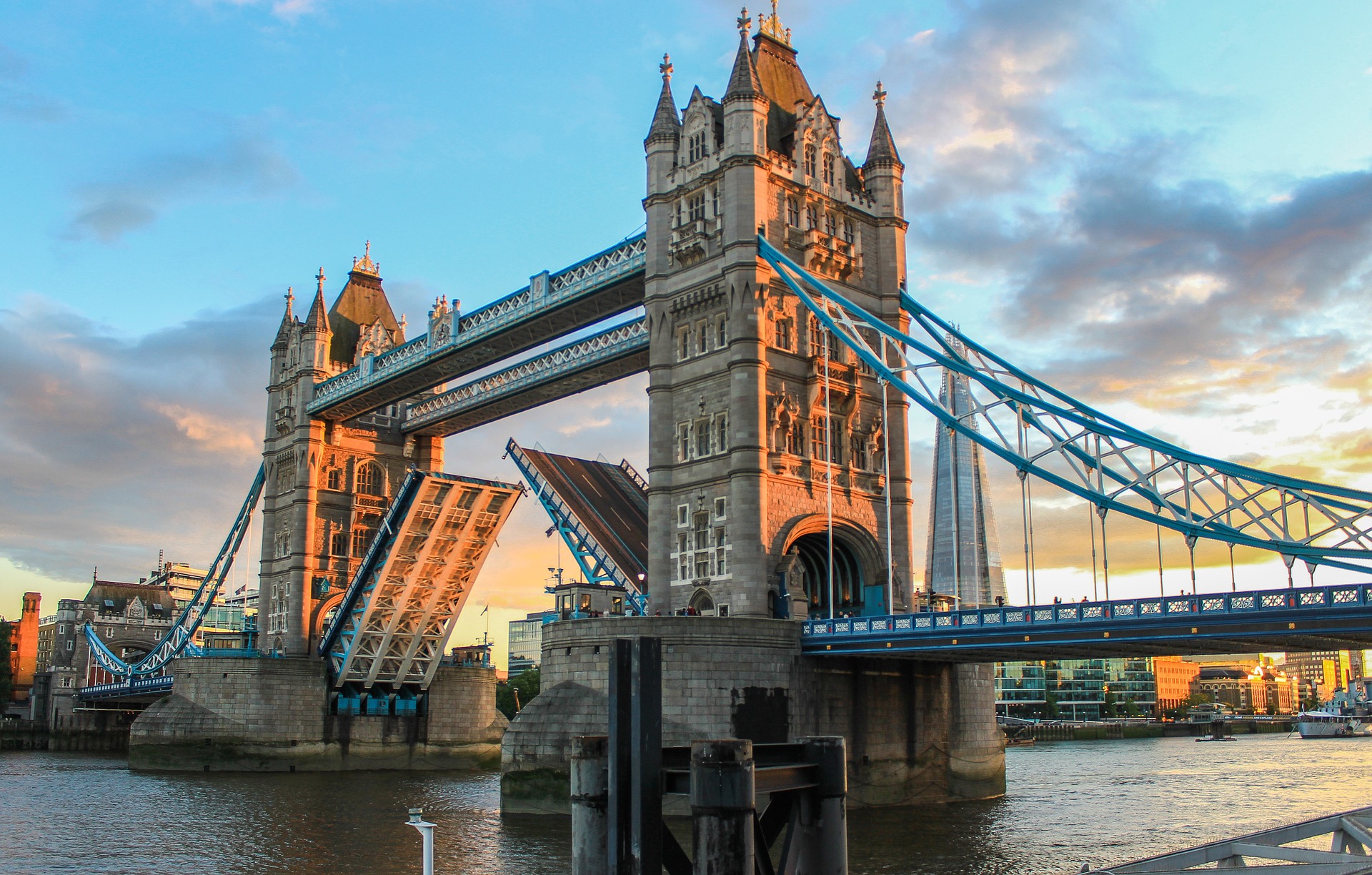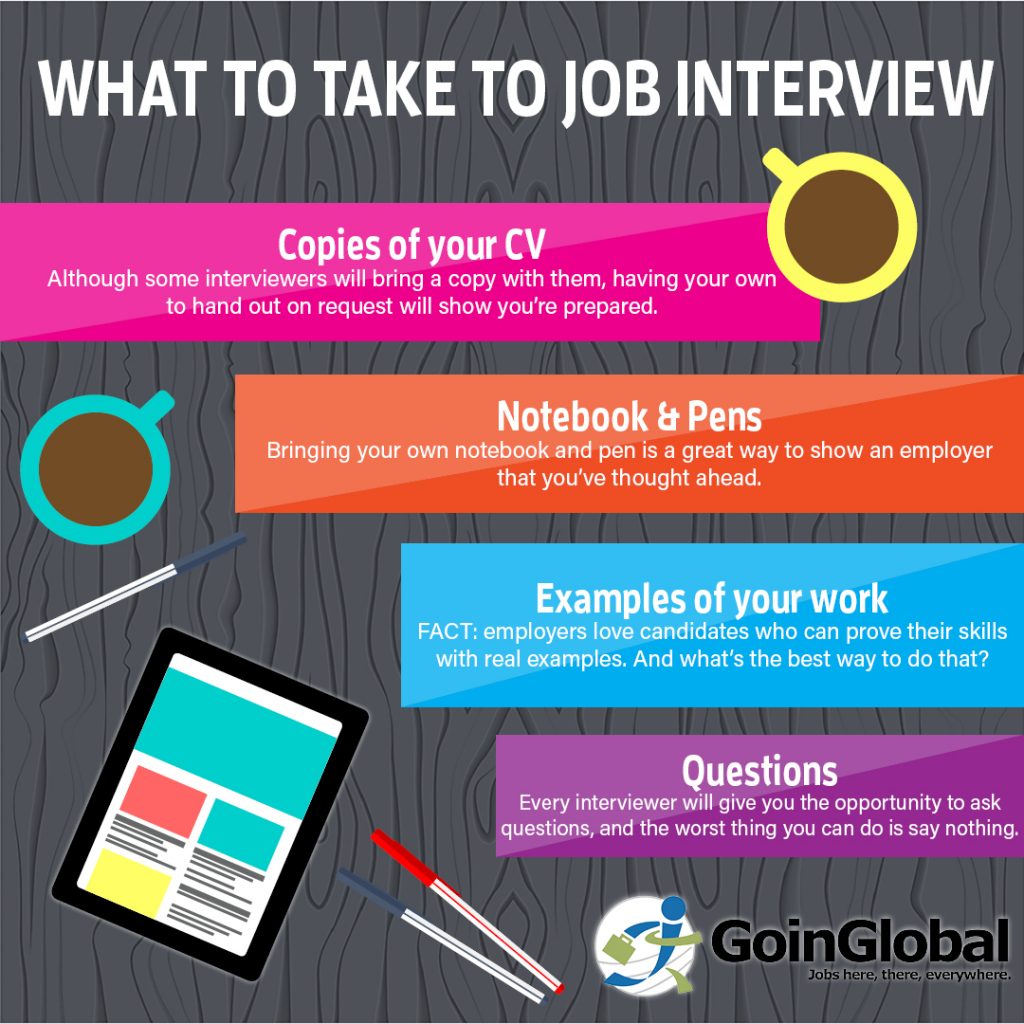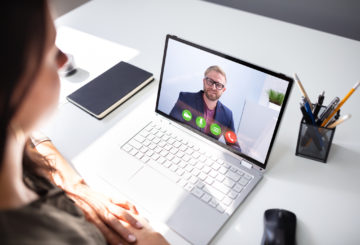
In the United Kingdom, job interview preparation and interview etiquette are paramount to a successful interview. We’ve listed some key ways you can become well versed about the company and position for which you are applying before the big day. Preparation, along with proper interview etiquette, allows the interviewer/s to stay focused on your experience, intelligence and company fit without being derailed by unwelcome revelations. The more you know ahead of time, the more focused and positive the interview can be, and you can spend that precious time wowing the powers that be.
Interview Preparation
- It is vital to research the company, its history, and its future plans thoroughly in order to make a good impression on the interviewer.
- In addition to the company’s website, resources such as Glassdoor (English) and TARGETjobs Inside Buzz (English) may provide insider information about the company.
- Know the company’s main competitors, where the company operates, its products, its clients and what development plans it may have.
- If possible, find out who the interviewer or interviewers will be and do some research on them as well. LinkedIn is a useful way of doing this.
- In addition, it is helpful for you to know how you will benefit the company. Find out as much as possible about the open position and be prepared to offer relevant examples from previous experience as evidence of having the required competencies.
- If possible, find out the interview format ahead of time. There are many types of interviews in the United Kingdom; see The Interview for more information. Thus, it is a good idea to ask the company or organization about the interview format ahead of time; the fewer the surprises on the big day, the better.

Interview Etiquette
-
- Start the interview on a positive note by arriving a few minutes early. Plan to arrive 15 minutes before the scheduled interview time.
- Unless it is a panel interview with several people, it is common to shake hands firmly with the interviewer at the beginning and end of the meeting.
- Making eye contact during the interview is important. Looking someone in the eye (without staring) shows sincerity and confidence.
- If offered a business card, take care to receive it and pay attention to the detail for a brief moment and then place the card either on the table or file it away. It should not be discarded in your haste to start the interview.
- Use of names is generally dictated by the way the interviewer introduces themselves. Take this lead and try to build rapport in a similar fashion to the style of the interviewer.
- Dress appropriately. Men generally wear business suits in traditional black, blue or gray. Wear good quality shirts (plain or striped). These shirts usually do not have pockets, and if they do, the pockets should remain empty. Ties should be tasteful and without cartoons or other novelty designs. Shoes are usually black and well-polished. Women generally wear trouser suits or suits with skirts. Women’s suits may be more colorful than men’s, but they should not attract attention. Accessories should be simple. It is acceptable to carry a briefcase.
- Smart-casual dress is sometimes acceptable for an interview in industries such as IT or design, but it is a good idea to inquire about this ahead of time to be certain. The general advice is to err on the side of formality. It is better for you to look more formally dressed than the interviewer as opposed to the other way around.
- If there is time for you to ask questions of the interviewer, take advantage of this. Prepare two or three questions in advance that demonstrate an interest in the company and knowledge of the industry. Acceptable questions include those that focus on the job, the company, the employees or company products. Asking about training or mentoring is acceptable.
- It is also acceptable to ask the interviewer at the end of the meeting how long it will take the company to choose a candidate for the job. After that amount of time has passed, it is permissible to call or email to request a status update. All written correspondence should be formal, no matter how relaxed the interview seemed.
- Questions about salary or leave should certainly not be asked at a first interview.
- There is no expectation that you send a follow-up letter, email or phone call in the UK, although occasionally candidates choose to do so.
- If the job application is successful, you will typically receive a written job offer. Respond in writing as well.
The whole interview process is designed to discover whether you have the required skills and experience for the job, if you have the right level of intellect (particularly important for leadership and development roles), and if you will fit into the company culture. Whether the company is big or small, or whether the recruitment process is sophisticated or not, every interviewer will make the decision based on these three criteria. Focus on what the company wants rather than talking about your own aspirations, unless asked specifically for this information.



